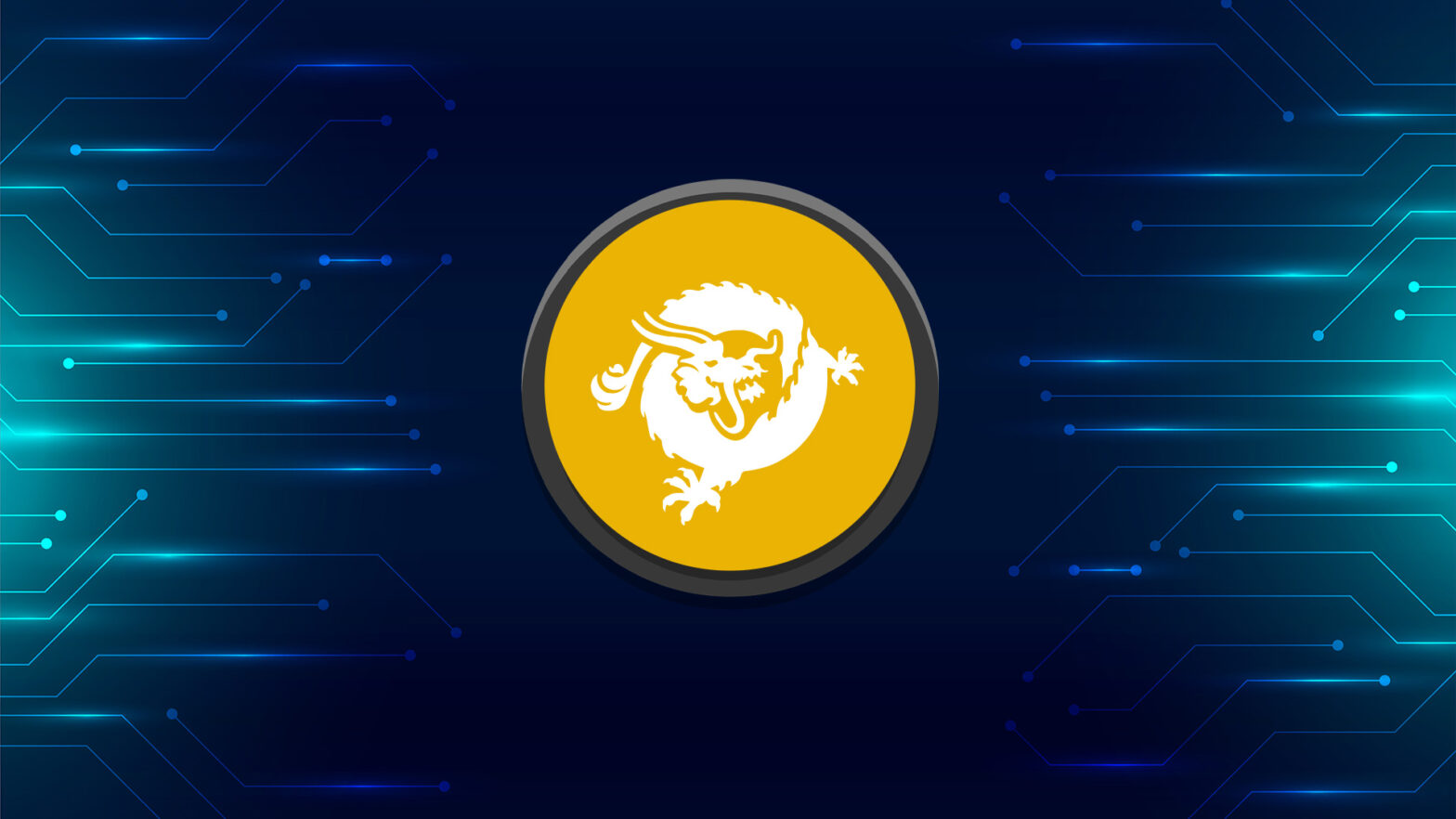Bitcoin SV (BSV) Battles Mining Network Attack

#
Bitcoin SV (BSV), a hard fork of Bitcoin Cash (BCH), went through a 14-block deep reorg as a miner unleashed significant hashing power on the network. The network has received FUD about similar 51% attacks in the past weeks, because BSV is only backed by a handful of mining pools.
BSV, which forked from Bitcoin Cash with the idea of allowing very large blocks, also lost its popularity and was delisted from multiple exchanges, including the Binance exchange.
The 51% attack was noted by Lucas Nuzzi, Network Data Product Manager at CoinMetrics. Usually, the BSV network relies on known miners that have agreed to spread large blocks through dedicated hardware.
But unusual activity showed a miner had joined the network with high enough hashrate to create a new ledger and continue the activity for 14 full blocks.
For now, there are no reports of actual losses and the node operators have agreed to synchronize to the old blockchain, disregarding the attack chain. Usually, a 51% attack will also be combined with an attempt to double-spend coins by sending them to an exchange. However, most exchanges either don’t carry BSV, or require a large number of confirmations.
Why BSV is Attackable
BSV has a relatively small hashrate, only about 25% of the resources dedicated to the BCH network. The project remains unpopular with miners, and relies on semi-centralized mining to produce and propagate blocks.
At the same time, the network uses the same machines that can mine BTC and BCH. This means that even a small pool can redirect hashing power and in theory re-write the history of BCH. For some, this destroys the central value proposition of crypto coins – their immutability and protection against malicious ledger changes.
For BSV critics, the drive to alter blockchain history means the project does not rely on trustless mining and is potentially dishonest.
The BSV network still reports a transaction count close to that of the Bitcoin network, at around 150,000 transactions per day. However, some of those transactions are suspected to be spam.
BSV Loses Its Reputation
The solution to the BSV attack was to send out a message to node operators and have them overturn the new chain.
However, Bitcoin SV has invited criticism due to naming itself “Satoshi’s Vision”. At the same time, the erasing of transactions goes counter to the main rule of Bitcoin – the chain with the more hashing power is the valid one, and anonymous nodes follow that chain and update their ledger.
The reason for this is that Bitcoin SV wanted to scale its transaction capacity, and instead uses non-anonymous nodes, which have a way of coordinating and actually vetting the distributed ledger.
Most BSV blocks are mined by the Taal.com pool, ran by the Canadian technological company Taal Distributed Information Technologies (TAAL). In the past months, Taal has mined more than 50% of all blocks for BSV, and up to 88%, outcompeting smaller pools.
The latest attack is considered either an event where a miner temporarily overpowered the Taal.com pool or impersonated the miner. For some BSV supporters, Taal.com is what protects BSV from malicious miners, by dedicating significant hashrate. On the other hand, depending on a single company for mining may be opening BSV to lowered security.
The Taal.com mining pool took over the network in 2021. Only a year ago, BSV had a different mining mix, with a large input from the Binance exchange mining pool, as well as some of the well-known BTC miners such as ViaBTC.
Is BSV a Good Investment
BSV has built an active online community by claiming it is the real Bitcoin fork as envisioned by Satoshi Nakamoto. Nakamoto, the anonymous creator of the first digital coin, has not given explicit guidance on the future of the blockchain, but has expressed tentative approval of larger block size.
The block size debate has led to significant conflict, with Bitcoin currently choosing a relatively small size, while other networks specifically try to build the infrastructure to send and receive bigger blocks of data.
At the same time, BSV prices remain depressed. BSV peaked at above $441 before breaking down and now hovers around $135.
BSV is also difficult to access for traders in the USA and the EU, and is most easily available on the Bithumb and Huobi exchange. The asset also has a small market on Bitfinex and Poloniex, with restrictions for some traders.
BSV may also be confusing to new adopters that consider it a low-priced alternative to BTC, with the potential to one day displace the leading coin. However, BSV currently exists only as an altcoin, with utility similar to BCH.
BSV trades at around $300M in daily volumes, with a weakening trend in the past month. The coin can be volatile, making fast gains on some days, only to backtrack afterward.
#
With over 50 coins and an obsession with security, Kraken is one of the safest places to buy and trade crypto.

Kraken has a good reputation for security and protection of your funds and operates across the USA (except NY), Canada, the EU and Japan

Crypto gets a lot of criticism sometimes but what sort of job are the current banks doing at looking after their customers. Who are the best and the worst banks to be with?

A roundup of the main exchanges in Australia allow you to quickly buy Bitcoin and other crypto on your card

The leader in programmable money, smart contracts and decentralised applications. There have been many copycats but none have the community and level of adoption.

IOTA is a feeless crypto using a DAG rather than a blockchain. It aims to be the currency of the Internet of things and a machine economy.